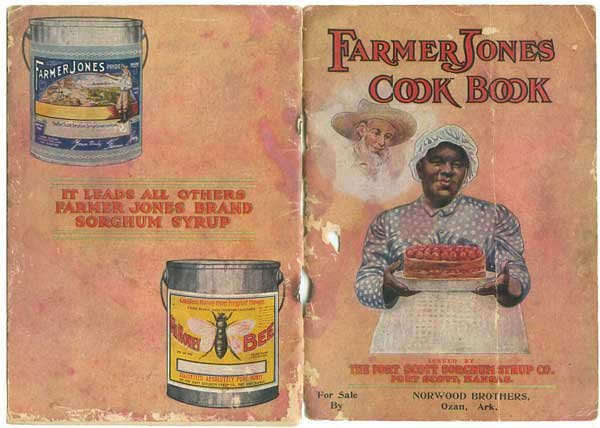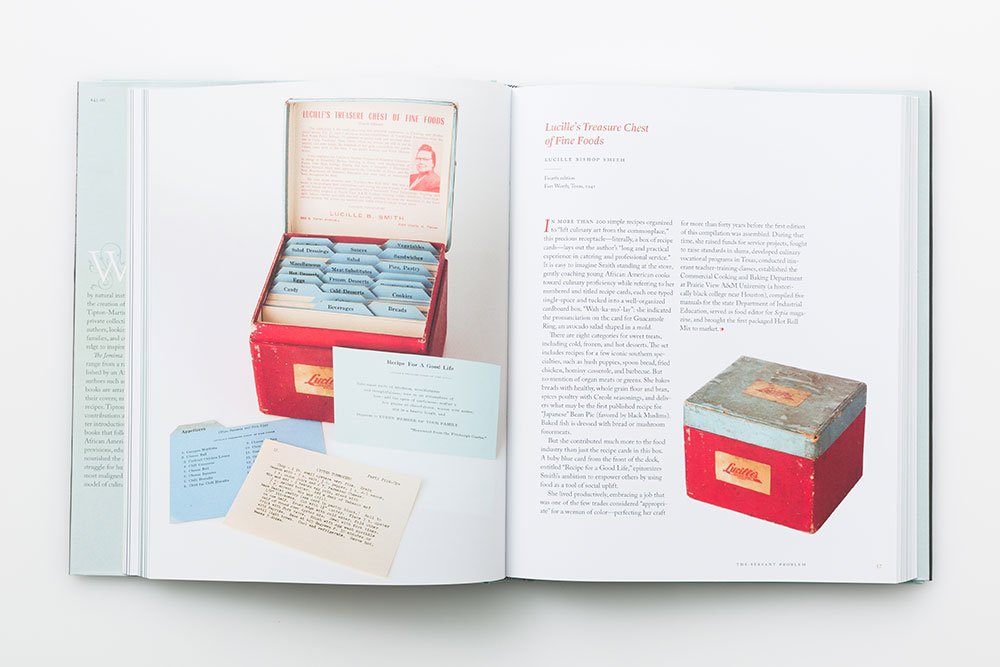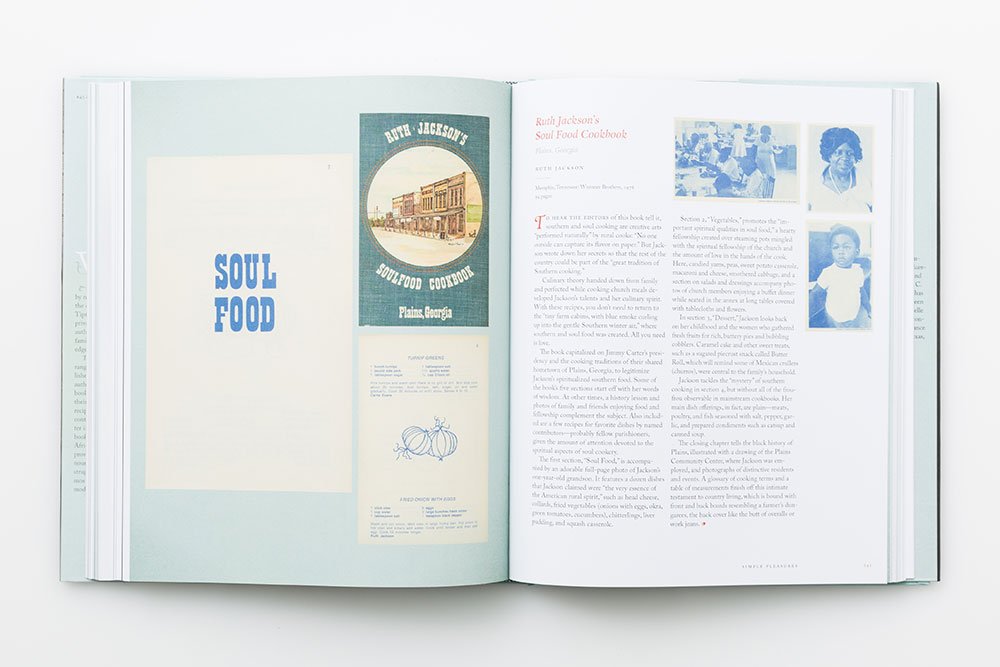IN THIS LESSON
Traversing Across our World’s Borders through Food
Fields of Survival, Foods of Memory by Judith Carney contains passages that reflect on the absence of recognized African cultural heritage due to the erasure of identities under American segregation and enslavement. American society viewed Black communities as a monolith. However, archival documents and regional recipes provide greater nuance to the histories of Black enslaved cooks.
Carney explains that the “enslaved Africans and their descendants left culinary fingerprints throughout the Americas that are often forgotten. In Brazil, the African oil palm lends its characteristic taste to Bahian cooking, so does the African cooking method of deep-frying food with vegetable oil.” This ties back to Ozoz Sokoh’s Feast Afrique, where she explores the history between the Nigerian Akara & Brazilian Acarajé.
It is moreover intriguing how the origins of Soul Food and cuisines of plantation societies became a blending of ancestral knowledge, contributing to imagined boundaries and solidarity. As Carney further states, “in contrast to the role of Soul Food in constructing modern racial identities in the US South following the Civil Rights movement, the cuisines of former plantation societies that so imaginatively capture ingredients from the African continent are not considered part of specific racial heritages.” The Jemima Code (2015) by Toni Tipton-Martin explores this notion, as she compiles stories from over 150 African American cookbooks, many from 1827 and written in the words of Black women servants.
Named after Aunt Jemima (pictured on the right), the book inspires to transform the perceptions of the “mammy” stereotype— as it suggests that she is “an inspirational and powerful symbol of culinary wisdom and authority — a role model.” As this book dusts the fingerprints of the once invisible, silenced Black women who were hidden within another woman’s kitchen, Tipton-Martin beautifully creates an homage to Black narratives and provides a strong sense of yearning for reviving Black ancestral knowledge.
-
Slocum, R., and Saldhana, A., eds. (2013). Geographies of Race and Food. Fields, Bodies, Markets. Ashgate.
Tipton-Martin, T. (2023). The Jemima Code. https://thejemimacode.com/about/



